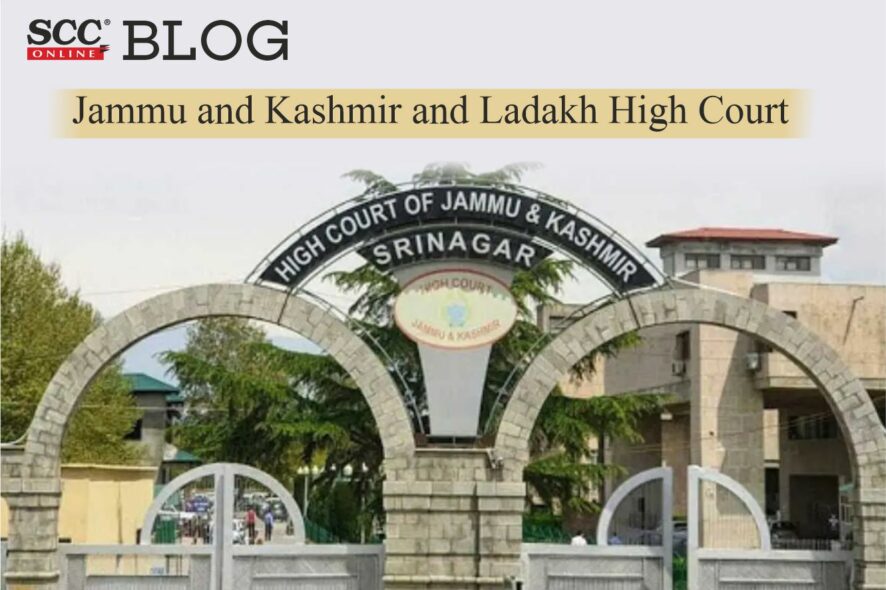Jammu and Kashmir and Ladakh High Court: While deliberating over the instant writ petition concerning reservation provided to Pahari Speaking People, the Sanjay Dhar, J., had to look into the question as to who can invoke the jurisdiction of the High Court under Art. 226 of the Constitution seeking a writ of certiorari or a writ of mandamus. The Court dismissed the instant petition and observed that under ordinary circumstances, a third person, having no concern with the case, cannot claim to have any locus standi to raise any grievance whatsoever. However, if the actual persons aggrieved, because of ignorance, illiteracy etc., are unable to approach the Court and a person, who has no personal agenda, approaches the Court, then the Court may examine the issue. Even in cases filed in public interest, the Court can exercise the writ jurisdiction at the instance of a third party only when it is shown that legal injury is threatened and the affected class of persons is unable to approach the Court on account of their poverty etc.
The petitioners were aggrieved due to Statutory Order No. 127 dated 20-04-2020, by virtue of which, amendments were made in the Jammu and Kashmir Reservations Rules, 2005 and 4% reservation was provided to Pahari Speaking People in respect of each service, class, category, grade in the services and post under the State/UT.
The respondents raised preliminary objections concerning maintainability of the instant petition. It was contended that the petitioners are not the “aggrieved persons” as the same is clear from the contents of their petition and prayer, therefore the writ petition is not maintainable.
Per contra, the petitioners argued that the petition raises important constitutional questions as it involves questions of general public importance.
Perusing the submissions of the parties, prayers raised in the petition, the Court noted that while challenging the impugned Statutory Order, the petitioners have sought a writ of mandamus, but, in fact, they have sought the Order’s quashment, meaning thereby that they are seeking a writ of certiorari as well.
The Court relying on Supreme Court case laws, observed that a writ petition under Art. 226 of the Constitution can be maintained only by an aggrieved person, whose legal or constitutional rights have been infringed.
It was pointed out by the Court that in the instant case the petitioners have not disclosed as to how they are aggrieved of the impugned Statutory Order and they have not stated as to which of their legal rights have been affected by the impugned action of the respondents. It was further noted that the petitioners have not even disclosed their credentials. It is not discernible as to which class of persons the petitioners are representing. They have not even averred in the petition that they are filing the petition in public interest. Hence, the instant petition cannot even be treated as a public interest petition.
Since the petitioners have neither shown that how they are aggrieved of the impugned Order, nor they have shown as to which of their legal or constitutional right has been infringed by issuance of the impugned Statutory Order. Therefore, the petitioners do not qualify as “aggrieved persons” who can maintain a writ of certiorari or a writ of mandamus against the respondents.
[Mohammad Anwar Chowdhary v. UT of Jammu and Kashmir, 2022 SCC OnLine J&K 773, decided on 30-09-2022]
Advocates who appeared in this case :
S.M. Chowdhary Advocate, for the Petitioners;
Suraj Singh G.A and Vishal Sharma DSGI, Advocates, for the Respondents.
*Sucheta Sarkar, Editorial Assistant has prepared this brief.


